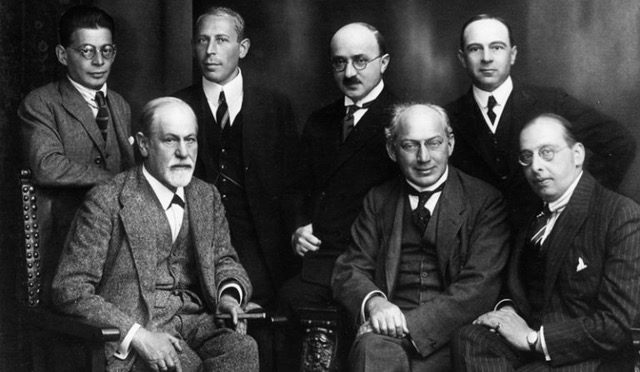
Polská Queer literatura, psychoanalýza a Eve Kosofsky Sedgwick
Čtvrtý blok semináře “Rethinking Psychoanalysis in Central Europe: Interdisciplinary and Transnational Perspectives”
Kdy: úterý 7. června 2022, od 17:30 do 19:00
Kde: knihovna CEFRESu nebo “online”
Jazyk: anglicky
Organizátor : Agnieszka Sobolewska (University of Warsaw/Sorbonne Université/CEFRES)
Hostující řečníci :
- Błażej Warkocki (Adam Mickiewicz University)
Diskutující :
- Agnieszka Sobolewska (University of Warsaw/Sorbonne University/CEFRES)
- Małgorzata Smorąg-Goldberg (Sorbonne University)
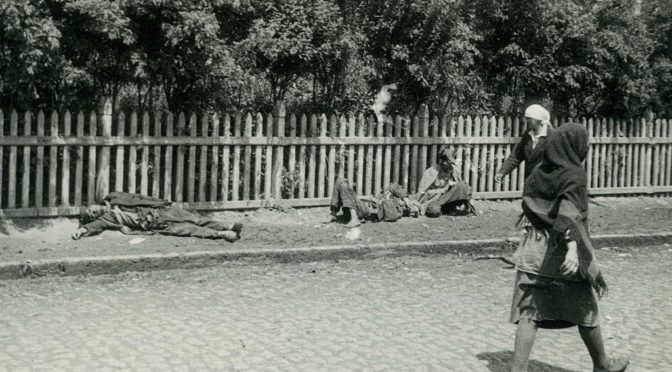
Politics of Hunger. Holodomor and Beyond. NaNo seminar #5
The fifth session of the seminar “Nature(s) & Norms” (NANO), carried out within the framework of the research program SAMSON (Sciences, Arts, Medicine and Social Norms), developed by Sorbonne University (Paris), the Faculty of Arts of the Charles University (Prague), Warsaw University and CEFRES welcomes three participants: Luba Jurgenson (CNRS / Sorbonne), Stanislav Tumis (Department of East European Studies, Faculty of Arts, Charles University), and Libuše Heczková as discussant.
Location: CEFRES Library and online (zoom)
To receive the link, please contact us at cefres[@]cefres.cz
Date: Friday, February 24th 2023, 4.30 pm
Language: English
Part 1
Luba Jurgenson, Eur’ORBEM (CNRS / Sorbonne)
A culture of norms: biopower in the service of terror
Abstract: This presentation aims to interrogate the norms developed by the Soviet state, particularly during the Stalinist period, to regulate the relationship between the product of citizens’ labor and the food they are allowed to consume. It aims to seize in particular the situation of populations considered as wrongdoers or criminals, namely peasants who oppose (or are supposed to oppose) collectivization and Gulag inmates. Hunger is a political weapon and a means of separating legitimate bodies (workers, defenders of the fatherland) from illegitimate bodies (those of “enemies”, “saboteurs”, “parasites” and other individuals who do not deserve to eat), the “healthy” body of society from its “sick” body;
Pokračování textu Politika hladu. Holodomor a za jeho hranicí. NaNo seminář č. 5 →
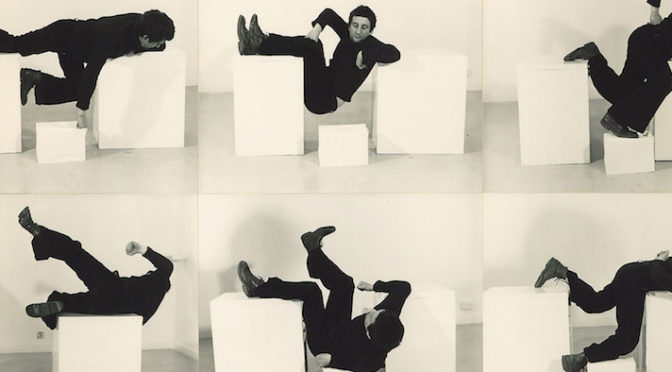
Druhé setkání zimního semestru Epistemologického semináře organizovaného CEFRESem (Jérôme Heurtaux) a Institutem mezinárodních studií FSV UK (Tomáš Weiss a Mitchell Young) povede
Pascal Schneider (Paris – Sorbonne Université Paris / přidružený doktorand CEFRESu)
Téma: Pojem “nadvláda” za Třetí říše. Případ připojeného území
Místo: knihovna CEFRESu, Na Florenci 3, 110 00 Prague 1
Čas: středa 23. října 2019, od 16:30
Jazyk: angličtina
Text
Beatrice HIBOU, “Introduction. The Legitimation of Authoritarian Domination: Dispositions to Obey and Constellation of Interests”, “Chap. I. Desire for Normality, Normative Processes and Power of Normalization” in : The Political Anatomy of Domination. Cham :The Political Anatomy of Domination, 2017, p. 1-32.
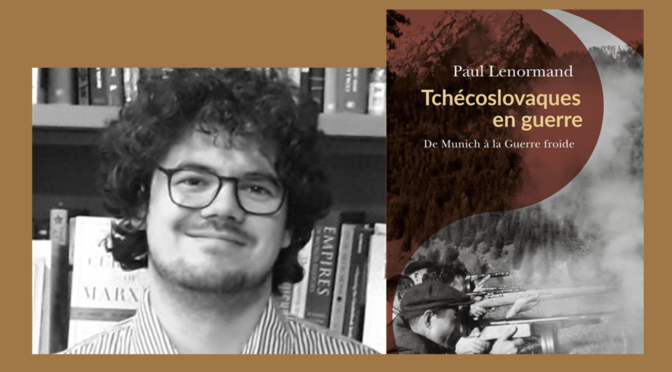
Debata o knize Paula Lenormanda Tchécoslovaques en guerre (vydalo nakladatelství Passés composés v roce 2023)
Kdy: 7. prosince v 16:00
Kde: CEFRES, Na Florenci 3, Praha
Jazyk: angličtina
Organizují: CEFRES, Univerzita Paris-Nanterre, Institut des sciences sociales du politique (ISP), Výzkumný ústav „Postwar(s). Political and Social Changes during and after the Second World War“ Institutu mezinárodních vztahů Fakulty sociálních věd UK
Chair: Jakub Štofaník, Masarykův ústav a archiv AV ČR
Diskutující: Václav Šmidrkal, Institut mezinárodních studií, Fakulta sociálních věd UK Pokračování textu Pohled z ciziny: Čechoslováci za druhé světové války a za studené války →
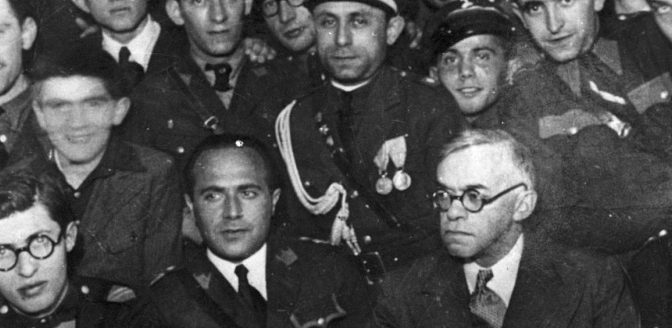
Přednáška Jana Zouplny (Orientální ústav AV ČR) v rámci semináře Soudobé dějiny Židů, který pořádá Ústav pro soudobé dějiny AV ČR a CEFRES ve spolupráci s Židovským muzeem.
Jazyk: česky
Kde: knihovna CEFRESu, Na Florenci 1420/3, Praha 1
Rodokmen izraelské pravice byl bezpochyby pestrý. V rozmezí 20. až 40. let 20. století pravice představovala volně definovaný svazek, jež zahrnoval jak intelektuály požadující demokratizaci veřejného života tak
polo-vojenské oddíly vyznávajících politický terorismus. Názorové spektrum zahrnovalo ideu plné integrace židovské národní domoviny do Britského impéria i apel na vyhnání Britů z Palestiny. Vnitřní rozbroje provázely
výměny vedení a oscilace mezi dvěma protipóly – liberálním a revolučním nacionalismem. Jaké byly příčiny těchto neustálých zvratů? Nakolik můžeme považovat disidentské kruhy meziválečné éry za předobraz pozdější izraelské pravice? Jaký je jejich společný ideový základ? V čem se liší současný stav bádání od tradiční historiografie?
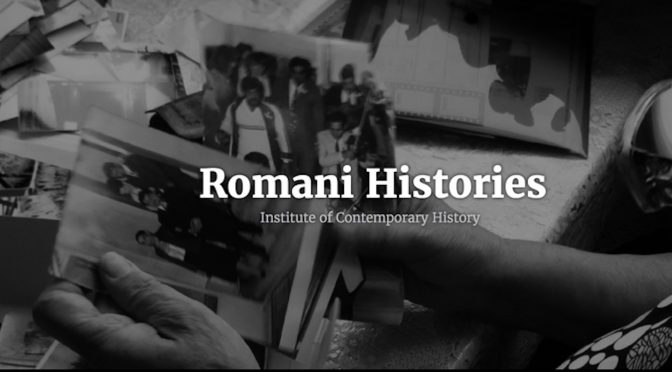
První mezinárodní konference v Praze akademické platformy Forum for Romani Histories
Kdy: 20.-21. září 2017
Kde: Akademie věd České republiky, Vila Lanna, Praha
Jazyk: anglicky
Konference je společnou událostí dvou nedávných akademických iniciativ zaměřujících se na dějiny Romů a podporujících nové přístupy ve výzkumu v této oblasti. Jedná se o Prague Forum for Romani Histories a výzkumnou síť zaměřenou na odkaz romské genocidy v Evropě po roce 1945, která byla založena Radou pro výzkum v oblasti umění a humanitních věd (AHRC, Velká Británie). Cílem obou iniciativ je podnítit debatu na téma dějin Romů jako součásti dějin Evropy a současné evropské společnosti.
Podívejte se na program konference ZDE!
Leták a program konference k tisku zde.
Více o platformě Forum for Romani Histories






